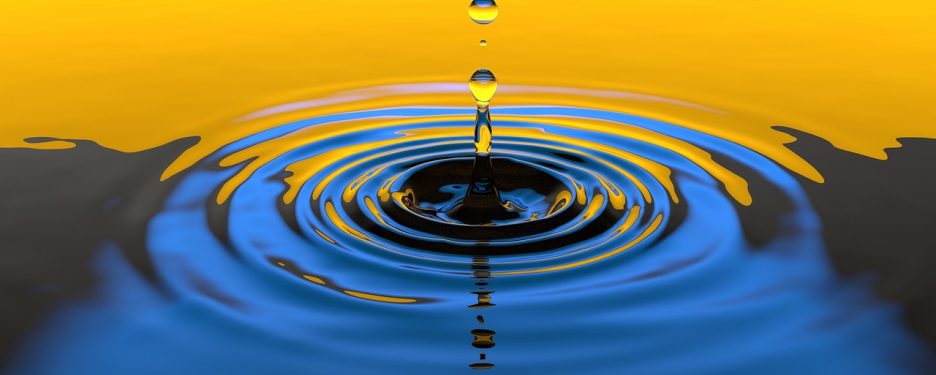Have you found yourself scrolling through news about Gaza and feeling overwhelmed, anxious, or even physically sick? Perhaps you're experiencing sleepless nights, intrusive thoughts about suffering you've witnessed online, or feeling guilty about your comfortable life while others endure unimaginable pain. As a counsellor working with people online and from my practice in West London, Oxford and Cheltenham, I'm seeing increasing numbers of people struggling with what we call secondary trauma—the emotional impact of witnessing others' suffering, even from a distance.
Understanding Secondary Trauma
Secondary trauma occurs when exposure to others' traumatic experiences affects your own mental health. Through social media, news reports, and graphic imagery from Gaza, you're witnessing trauma in real-time. Your empathetic brain processes these images as if they're happening to you or someone close to you. This isn't weakness—it's humanity.
Your nervous system doesn't distinguish between direct and indirect trauma exposure. Repeated viewing of distressing content floods your brain with stress hormones. Adrenaline surges. Sleep patterns fracture. Anxiety spirals. You might experience intrusive thoughts, emotional numbness, or overwhelming sadness about situations completely beyond your control.
The Ripple Effects
Secondary trauma creates unexpected symptoms. You might feel hypervigilant, constantly checking news updates. Concentration wavers. Work productivity plummets. Relationships strain as you struggle to engage with everyday concerns when humanitarian crisis dominates your thoughts. Some people experience survivor guilt, which is feeling ashamed about your safety, comfort, or happiness whilst others suffer.
The Social Media Amplification
Platforms designed for connection now deliver trauma directly to your device. Algorithm-driven feeds bombard you with increasingly distressing content. The boundary between staying informed and becoming overwhelmed dissolves. Each scroll potentially retraumatises, yet stepping away feels like abandoning those who suffer.
Protecting Your Mental Health
Set boundaries around news consumption. Designated times for updates prevent constant exposure. Choose reliable sources over sensationalised content. Take breaks—your mental health doesn't diminish your compassion.
Practice grounding techniques when overwhelmed. Notice five things you can see, four you can hear, three you can touch. Breathe deeply. Remember: you can care deeply whilst protecting your wellbeing.
Channel your feelings constructively. You could donate to humanitarian organisations or write to representatives. You could also engage in local community support as your action can help to combat your helplessness.
Finding Balance
Caring about global suffering whilst maintaining mental health isn't selfish, it's necessary. Burnout helps no-one. Sustainable compassion requires self-preservation.
If you're struggling with secondary trauma from witnessing global events like the Gaza crisis, please reach out to Hope and Harmony. Together, we can process these overwhelming feelings and develop strategies for maintaining both your mental health and your compassionate engagement with the world. You're not alone in feeling deeply affected by others' pain.


